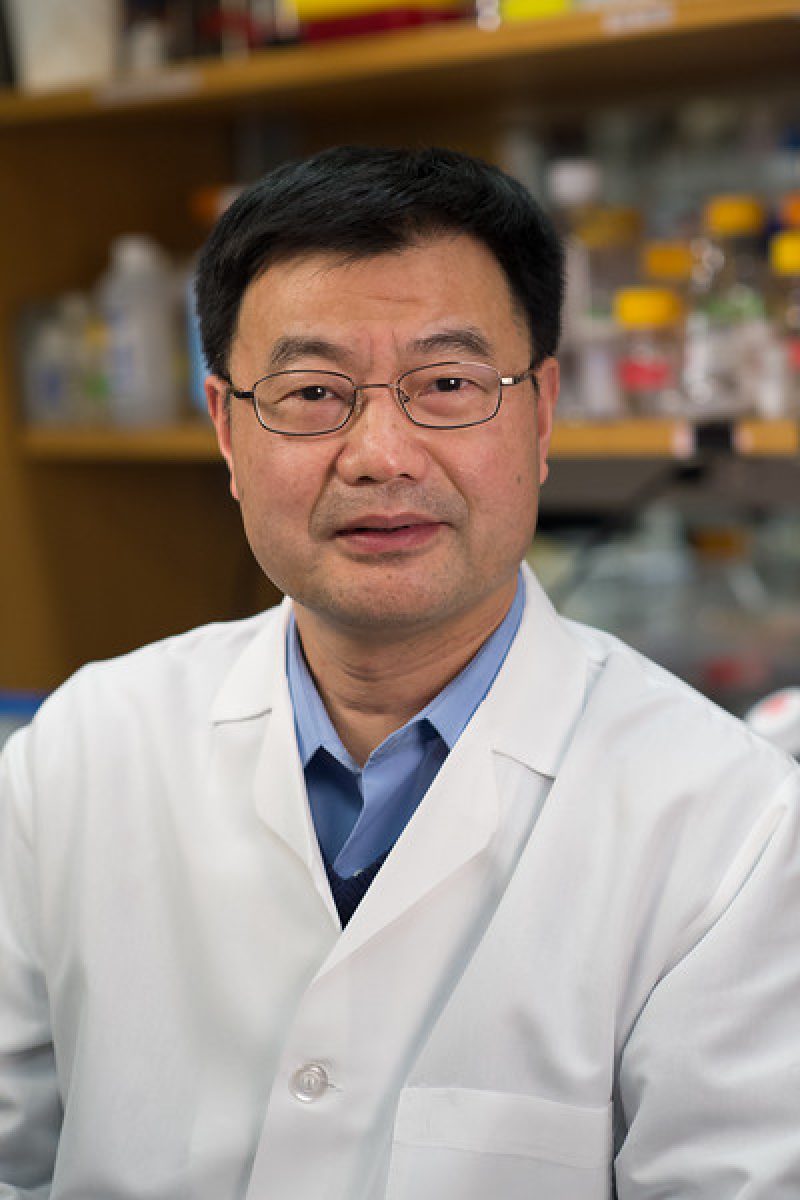

Xianxin Hua
Xianxin Hua earned M.S. and M.D. degrees from Wuhan Medical College Yunyang School in Shiyan, China. He received a Ph.D. in cell regulation from The University of Texas Southwestern Medical Center, where he worked with Joseph Goldstein and Michael Brown. Hua was a postdoctoral fellow and clinical scientist in the laboratory of HarveyLodish at the Whitehead/MIT Center for Genome Research. In 2000 he joined the faculty of the University of Pennsylvania School of Medicine. He has received multiple awards for his research, including a Burroughs Wellcome Career Award and a Harrington Scholar-Innovator award in addition to a Rita Allen Foundation award.
Hua’s group is interested in dissecting the function of menin, which is mutated in the hereditary human tumor syndrome multiple endocrine neoplasia type 1 (MEN1), in repressing pancreatic beta cells and endocrine tumors and in promoting leukemogenesis. This line of research is crucial because menin is a master regulator in controlling the population of endocrine cells, including insulin-secreting beta cells as well as hematopoietic cells, which generate blood cells that can transform into leukemia. First, the Hua lab seeks to elucidate how menin suppresses endocrine cells, such as pancreatic beta cells, via regulating histone methylation and expression of pro-proliferative genes. They are also interested in identifying menin-regulated key pathways that can be suppressed to inhibit neuroendocrine tumors. Moreover, they will determine how menin, which acts as a tumor promoter in MLL fusion protein-induced leukemia, cooperates with wild-type MLL protein to promote leukemia, and how the menin and wild-type MLL axis can be suppressed to improve therapy for this aggressive leukemia. Finally, it is important to understand how inhibition of menin leads to reversal of established diabetes, as menin is a key pro-diabetic factor in beta cells, and especially in stressed islets in diabetic patients. These comprehensive approaches will provide novel insights into the molecular mechanisms for MEN1 tumorigenesis, regulation of beta cells and leukemogenesis, shedding light on improving therapy against neuroendocrine tumors, leukemia and diabetes.